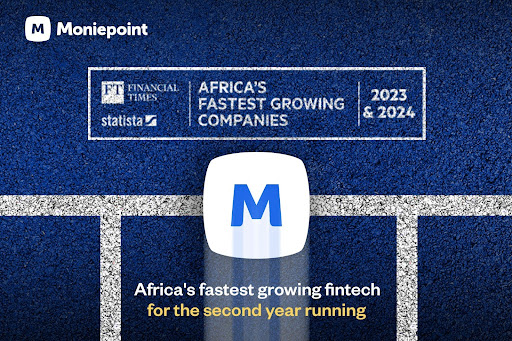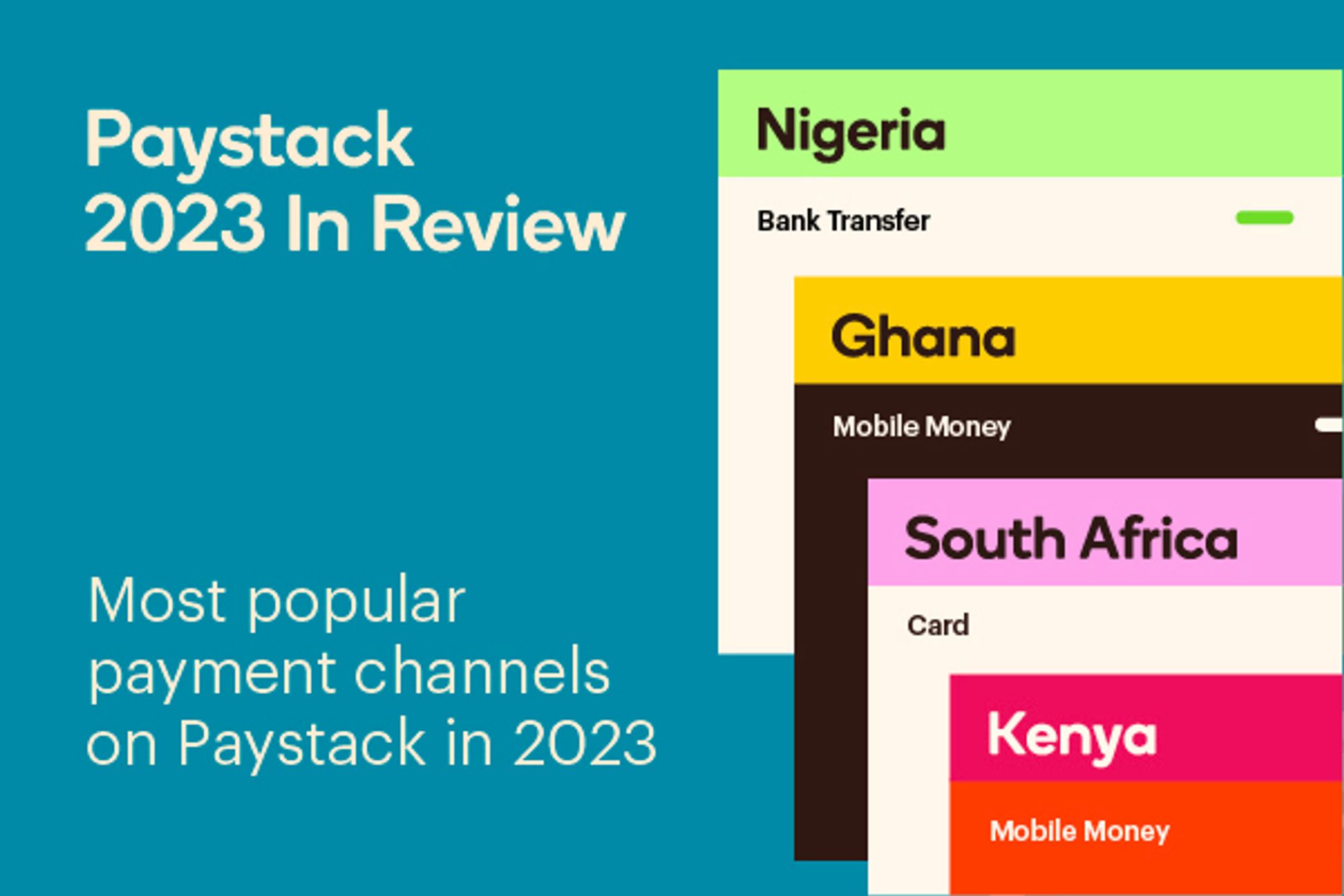Banking
👨🏿🚀TechCabal Daily – A broken Heritage


Happy new month ☀️
Before you dig into today’s edition, we think it’s pretty important for you to know that The Mastercard Foundation is hosting its inaugural EdTech Conference from July 8 – 10, 2024 at the Transcorp Hilton in Abuja, Nigeria.
The Mastercard Foundation EdTech Conference, in partnership with the Federal Government of Nigeria, is themed “Education Technology for Resilient and Inclusive Learning in Africa.” You can expect conversations on the current state of the EdTech ecosystem, emerging trends, the role of EdTech in solving Africa’s educational challenges and much more. Click here to find out more.
P.S Today’s edition is written by our Editor-in-Chief, Olumuyiwa Olowogboyega, and he’s going to be writing to you a lot more as part of a team-bonding team-building exercise we’ve got going at TechCabal.
CBN lifts ban on fintech customer onboarding
Between 2020 and 2023, formal financial inclusion—a metric that measures a population’s use of financial services from banks or non-banks—has grown from 56% to 64%. An easier way to think about it is that 3 in 5 Nigerians are financially included.
A 2024 report from EFInA points out that technology has played a significant role in driving inclusion.
Neobanks like Carbon, Kuda, and ALAT allowed people to open bank accounts on their phones, an important evolution as smartphone and internet penetration grew.
Agency banking, which has taken the form of physical agents with hard infrastructure embedded in markets and mom-and-pop shops, has allowed people in semi-urban, rural, and even underserved areas to open bank accounts and access cash-in, cash-out services.
As important as the technology has been, regulation and a near obsession by the Central Bank leadership to improve financial inclusion have been equally pivotal. For years, some regulations allowed anyone to open bank accounts without sharing a lot of personal information.
It was a gift that removed friction in the onboarding process, and Nigerian fintech startups don’t look gift horses in the mouth.
They onboarded customers faster than we could blink and extended their distribution in Nigeria’s huge informal market. During Nigeria’s 2023 cash crunch, they rose to the occasion and showed that in countries with large informal markets, distribution is king.
But as transaction volumes and value grew exponentially, bad actors took notice, and fraud—across fintechs and banks— grew. The fintech startups, which have not always been as tightly regulated as the banks, received outsized scrutiny.
Threats were made, talks were had, a freeze on new customer onboarding was issued, conditions were shared to lift that freeze and after five long weeks, there’s light at the end of the tunnel.
Here’s what Muktar Oladunmade wrote for TechCabal:
The Central Bank of Nigeria has lifted a six-week-long ban on onboarding new customers imposed on five of the country’s most prominent fintech startups: Paga, OPay, Kuda, Palmpay, and Moniepoint.
On May 20, 2024, the fintechs were given several conditions for the onboarding freeze to be lifted including asking them to block P2P crypto transfers and mandating physical address verification for all tiers of accounts.
While the decision to lift the freeze on customer onboarding is a quick read, I recommend reading our exclusive coverage from April 29 that showed how the CBN arrived at the decision.
Moniepoint is Africa’s fastest-growing fintech
The Financial Times has ranked Moniepoint as Africa’s fastest-growing fintech based on its absolute and compound growth rate. Read more about it here.
NDIC takes over Heritage Bank
“The market can stay irrational longer than you can stay solvent,” a saying attributed to John Keynes is a reminder that you can rightly spot a trend or make a prediction but the market will chug right on for months without blinking.
While it’s not a perfect analogy, it’s how I think about Heritage Bank and the Central Bank’s decision to revoke its licence on Monday.
Heritage Bank and its staggering (losses/high NPLs/weak capital base—take your pick) is the worst-kept secret in Nigerian banking. Many analysts began predicting the bank’s collapse in 2018, but its survival remained irrational in the face of their expertise. But like all good but inherently problematic runs (hello MMM), it had to end.
Here’s what I wrote on Monday morning from the car park of a Heritage Bank branch in Victoria Island where I stalked watched NDIC officials who refused to speak to me walk into the bank to begin the takeover process:
Heritage Bank’s high indebtedness has been public for five years and there has been significant coverage of the erosion of its capital base. In December 2023, a Nigerian publication claimed Heritage Bank failed a stress test, prompting the Central Bank to ask the financial institution to seek strategic investors to aid its recapitalisation.
How bad was Heritage Bank’s situation?
Part of the answer is in this article which gives you a sense of how inevitable this turn of events was:
According to internal documents seen by TechCabal, at least 90% of the bank’s active loan portfolio of around ₦700 billion was considered lost or doubtful as of March 31, 2024.
Two words: hot damn.
Collect payments anytime anywhere with Fincra
Are you dealing with the complexities of collecting payments from your customers? Fincra’s payment gateway makes it easy to accept payments via cards, bank transfers, virtual accounts and mobile money. What’s more? You get to save money on fees when you use Fincra. Get started now.
Kimberly-Clark, makers of Huggies diapers begins Nigeria exit
Fifteen years and a $100 million manufacturing facility later, Kimberly-Clark, the American maker of Huggies diapers and Kotex announced its intention to exit the Nigerian market on Saturday in a terse statement:
Kimberly-Clark today announces it has made the difficult decision to exit its business in Nigeria after almost 15 years, due to recently refocused company strategic priorities globally as well as economic developments in the country.
Kimberly-Clark will close its manufacturing facility and commercial office in Lagos and will no longer manufacture, market, or sell its Huggies and Kotex products in the country.
And here’s Ganiu today writing about how quickly Kimberly-Clark was following through with its decision:
Three days after it first announced its decision to exit Nigeria, Kimberly-Clark, the American multinational that manufactures Huggies diapers, has begun the process of shutting down its operations in Africa’s most populous country after laying off nearly 90% of its employees, one person with direct knowledge of the matter said.
Let’s end this one with a poignant quote from a newsletter discussing the closure that puts the manufacturing conundrum in the right context:
With no economic growth, the consumer’s march is always to the cheaper products and anyone selling above that price is living on borrowed time. The promised new middle class are simply not coming. It makes no sense for two people to do One Person’s Job so the guy selling at the higher price point has to leave.
What were the most popular payment channels on Paystack in 2023?
Find the answer here 👉🏾 paystack.com/2023
Kenya’s Seacom repairs its undersea cable
“The internet is carried around the world by hundreds of thousands of miles of slender cables that sit at the bottom of the ocean.”
Those cables, fragile as they are, are constantly breaking, throwing life as we know it into confusion and maybe slowing down your internet now and then.
On April 29, a boat accidentally damaged an underwater Seacom internet cable near Mtunzini, South Africa leading to four days of internet outage across South Africa, Mozambique, and Tanzania.
Seacom, the Kenyan subsea cable company has now completed repairs on those cables, restoring internet services to customers.
The company is also working hard with repair specialists to fix its broken cable in the Red Sea which broke 6 months ago. It expects to complete those repairs in Q3 2024.
Also: Dive into this fascinating article about the underwater world of fibre-optic cable repairs.
Infinix’s new Note-Worthy device
Discover the future of charging with the all-round FastCharge 2.0 technology. Take Charge 24/7 with the Infinix NOTE 40 Series. Learn more now!
- TechCabal is set to announce its first set of speakers for the second edition of its Moonshot Conference which is set for October 9–11, 2024, at the Eko Convention Centre, Lagos, Nigeria. Moonshot will assemble Africa’s biggest thinkers, players and problem solvers on a global launchpad for change. If you want to join the stakeholders in Africa’s tech ecosystem for three days of insightful conversations, then get an early-bird ticket at 20% off.
- HR Crunch is an event for young professionals, fresh graduates, and entrepreneurs to gain insights from industry experts and network. The event features panel sessions centered around Fashion and Arts, Sports and Health, Media and Entertainment, and Recruitment Technology. All registrants can participate in interactive Q&A sessions, engaging games, and other inclusive activities. There are two ticket options available: attendees and job seekers. Both tickets offer the same perks, but job seeker tickets include access to a speed job interview, providing a unique opportunity for career advancement. Tickets are free at https://tix.africa/discover/hrcrunch.
- Are you an impact-driven business in Nigeria ready to scale? Apply now for the third cohort of the develoPPP Ventures programme! The develoPPP Ventures programme offers you: EUR 100,000, technical support (Needs assessments of organisation & matching of consultants or experts to support identified challenges, consultants are paid by develoPPP), and access to a wide pool of equity investors at the develoPPP pitch event unlocking the opportunity to showcase shortlisted startups to key investors for valuable feedback. Apply here and register for the webinar for June 2nd, 2024 at bit.ly/develoPPPCohort3Webinar.
Here’s what we’ve got our eyes on
Want more of TechCabal? Sign up for our insightful newsletters on the business and economy of tech in Africa.
- The Next Wave: futuristic analysis of the business of tech in Africa.
- Entering Tech: tech career insights and opportunities in your inbox every Wednesday at 3 PM WAT.
- In a Giffy: business decisions powered by data-driven insights and analysis you can trust.
- TC Scoops: breaking news from TechCabal
P:S If you’re often missing TC Daily in your inbox, check your Promotions folder and move any edition of TC Daily from “Promotions” to your “Main” or “Primary” folder and TC Daily will always come to you.













